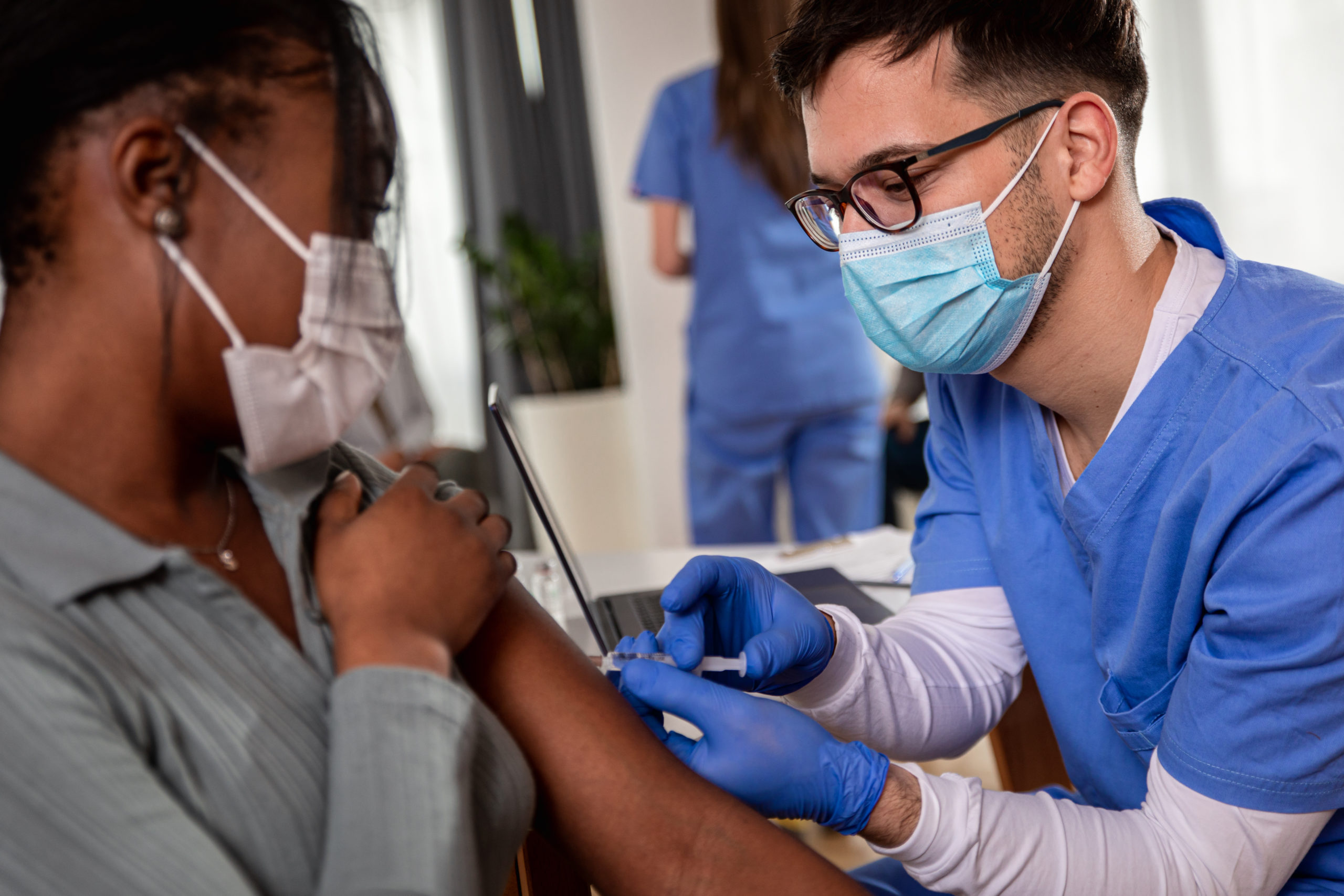We continue our career blog series by showcasing a profession that’s significance has been especially proven since March 2020: nursing.
Debra Walker, director of nursing programs at Northwest Technical Institute (NWTI), touches on the different paths that are open to those who pursue an education in nursing. The road to becoming a nursing professional can be tough and time-consuming, depending on which degree you decide to pursue.
Debra recommends a licensed practical nurse (LPN) program as a starting point. At NWTI, the practical nursing program can be completed in approximately 18 months. This entry-level position can be the first step toward a higher level nursing degree and, as Debra mentions, it allows you to work as a nurse while you continue your studies. The LPN program at NWTI boasts an internship and mentorship program with many local hospitals, and a 100% job placement rate, with many of their students being under contract before they graduate.
LPN programs are offered at several different types of institutes in Arkansas, including community colleges, technical centers and private career schools. After completing their coursework, students are required to pass the National Council Licensure Examination in Practical Nursing (NCLEX-PN) before they are fully licensed to practice. The average median salary for an LPN in NWA is $44,200, which is slightly lower than the national average of $48,820. Research from the U.S. Bureau of Labor Statistics projects that the LPN field will experience a steady rise in demand, and therefore a likely salary increase over the next decade.
It’s no surprise that the demand for health care workers is projected to be on the rise for the foreseeable future – we have a growing population that is living longer than in past generations, along with an increased amount of chronic illnesses. Since LPNs specialize in keeping patients comfortable and providing basic bedside nursing care, they are certainly essential. The health care industry has and continues to face challenges in providing sufficient education and clinical training to aspiring nurses, but programs such as NWTI’s practical nursing course recognize how important it is to give students as much hands-on experience as possible. Debra mentions that NWTI accomplishes this by requiring most of their classes to be in-person, providing simulations with mannequins that possess realistic human characteristics, and internships in medical centers that ease students into patient interactions and provide them with clearly designated mentors.
The great thing about LPN certification is that while it creates fulfilling lifelong career opportunities, it also comes with many options for professional advancement. As the video states, an LPN degree paves the path for registered nurse certification, and for master’s and doctorate degrees. Each of these career developments can double or triple a practitioner’s salary.
Becoming an LPN allows those who are interested in medical professions a chance to explore that interest on a more manageable budget and timeframe before they commit to the multifaceted dedication that higher education requires.
Given the various benefits that accompany an LPN license, both currently and in the projected future, we can confidently designate it as an exciting career to pursue in Northwest Arkansas. Learn more at NWTI.












